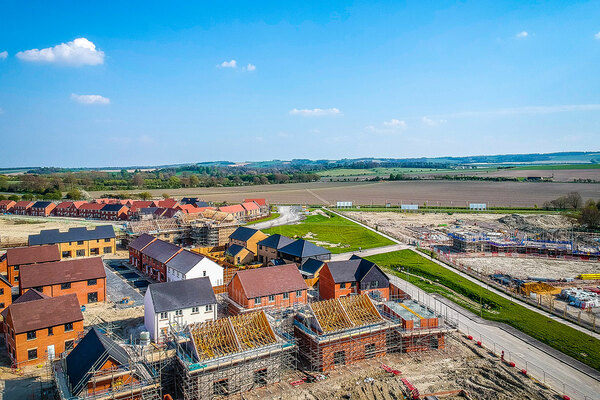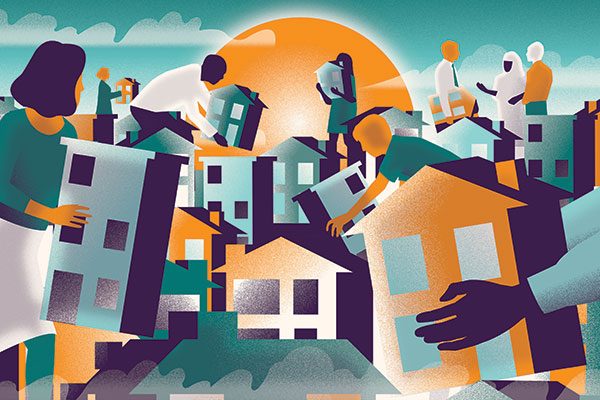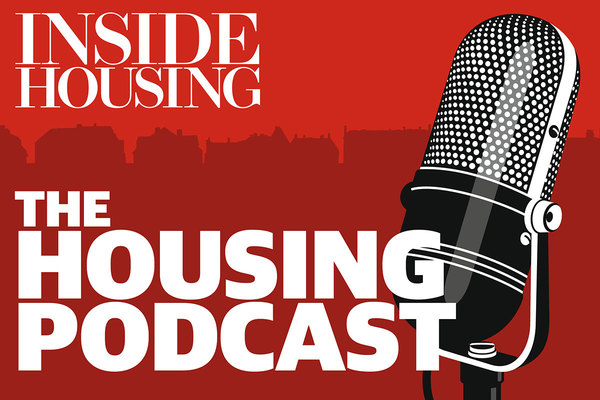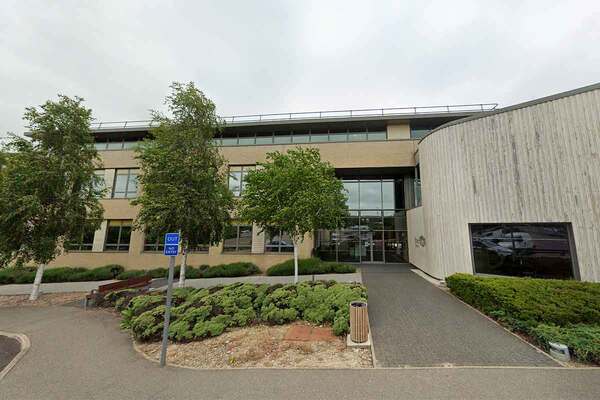You are viewing 1 of your 1 free articles
We must continue to reimagine how to deliver the homes and services our communities need
Elspeth Mackenzie says the sector cannot just wait for things to get back to ‘normal’ – the key is to embrace change and learn from it
I suspect that history will look back on the past decade and define it as “the decade of transition”. Media and social media transformed the political backdrop and brought with it civil change. And, above all, it was the decade that embraced technology – for the good and the bad.
But for the social housing sector it was the decade that that saw us collectively redefine our social purpose; it refocused our hearts and minds on our core service delivery and propelled us to reconsider what we wanted to do and what we want to be known for.
We saw mergers, significant legislative changes that affected our bottom line, and the Grenfell Tower tragedy that brought with it a rightful refocus on safety, standards and a relook at the tenant–landlord relationship.
“If the past decade saw the UK’s social housing sector refocus on its social purpose, this decade will be the moment our sector comes of age”
With little over 12 months into the 2020s, this new decade has already forged its own identity.
We’ve battled a global pandemic, witnessed lockdowns and shutdowns, and we’ve watched the news as civil unrest unfolds in the United States – all of which took place while the UK formally ended its 45-year relationship with the EU.
If the past decade saw the UK’s social housing sector refocus on its social purpose, this decade will be the moment our sector comes of age – taking leadership, rolling up our sleeves and finding ways to continue to deliver quality homes and services for customers, despite the challenges around us.
Our sector’s leadership and resilience are more critical now than ever before. The challenges that have faced us in the two short weeks since 2021 began are likely to set the tone for the year ahead at least.
“Our business model relies on us being close to our customers – carrying out repairs and maintenance, conducting home safety checks, and nurturing a two-way relationship based on mutual understanding and respect. All of this requires us to be connected and approachable”
New lockdown restrictions aren’t going away any time soon. Current media reports suggest that restrictions will last until at least the end of March, with a slow and gradual reopening of services over the summer and autumn.
But this will unlikely be ‘the lockdown to end all lockdowns’. It would be good and prudent business planning to expect 2021 to see continued uncertainty, followed by an easing and possible re-enforcing of restrictions, as we move through the year – either at regional or national level.
For the housing sector, this new reality creates critical challenges that need planning for. As a social housing provider and professional landlord, our business model relies on us being close to our customers – carrying out repairs and maintenance, conducting home safety checks, and nurturing a two-way relationship based on mutual understanding and respect. All of this requires us to be connected and approachable.
But great challenges can bring real opportunity. COVID-19 has forced us to reimagine how we at Thrive Homes deliver our services and how we build relationships with our customer base. We’ve found the answer by embracing technology and being creative in our problem solving – by adapting our existing processes and systems and evolving into the new normal quickly.
We introduced a new virtual system to stay connected with our customers, allowing us to carry out essential ‘virtual visits’ and home-based assessments without needing to enter their homes. Moving our viewings online has also meant we continued to provide much-needed homes for families throughout even the strictest lockdown periods.
This technology isn’t particularly ground-breaking and it’s been around longer than COVID-19, but the current crisis has enabled us to quickly reconsider how we deliver existing services and work with our customers to collectively solve problems.
The past year has also seen the housing sector’s frontline staff act as the ‘fourth emergency service’, with our people taking extraordinary steps to help support our customers and communities. So often we saw the true power in people and the incredible resilience of our sector when under the greatest of pressures.
But it is critical to now be building staff welfare strategies that are fit for this ‘new normal’. At Thrive Homes, we’ve been supporting our managers so that they are empowered to help their teams as the situation evolves. We’ve added extended rest breaks, provided lightweight barriers to create a 2m area and made additional mental health support available to those in need.
By working together, investing in our staff and supporting the Thrive family, we’ll emerge stronger and better placed to help our customers and communities in the longer term.
“While the vaccine gives us hope for 2021 and provides us with a much-needed light at the end of the tunnel, we must not wait for normality to return”
Finally, with Brexit now finalised and the UK firmly outside of the EU, the next 18 months will provide a new operating reality for our sector and supply chains. While uncertainty remains over the extent to which Brexit may (or may not) affect our macroeconomic climate and operating environment, there are more immediate short-term challenges that we can be ready to manage – not limited to recruitment, trade and imports.
Reviewing the supply chain map will be critical in order to help manage bottlenecks in procurement and development supply chains or slowing capabilities in repairs and maintenance. Similarly, understanding how the new rules impact on hiring and retaining foreign nationals will be key to ensuring continuation of customer-facing services for the months ahead, particularly for organisations delivering care services.
So, while the vaccine gives us hope for 2021 and provides us with a much-needed light at the end of the tunnel, we must not wait for normality to return.
With this great challenge we must continue to reimagine how to deliver the homes and services our communities need, develop innovations that have appeared from uncertainty and build resilience within our business so that we can confidently weather the next storm and take leadership where opportunity presents.
If we succeed, this will be the year that we rebuild trust, build more homes and support communities that thrive long into the next decade.
Elspeth Mackenzie, chief executive, Thrive Homes













